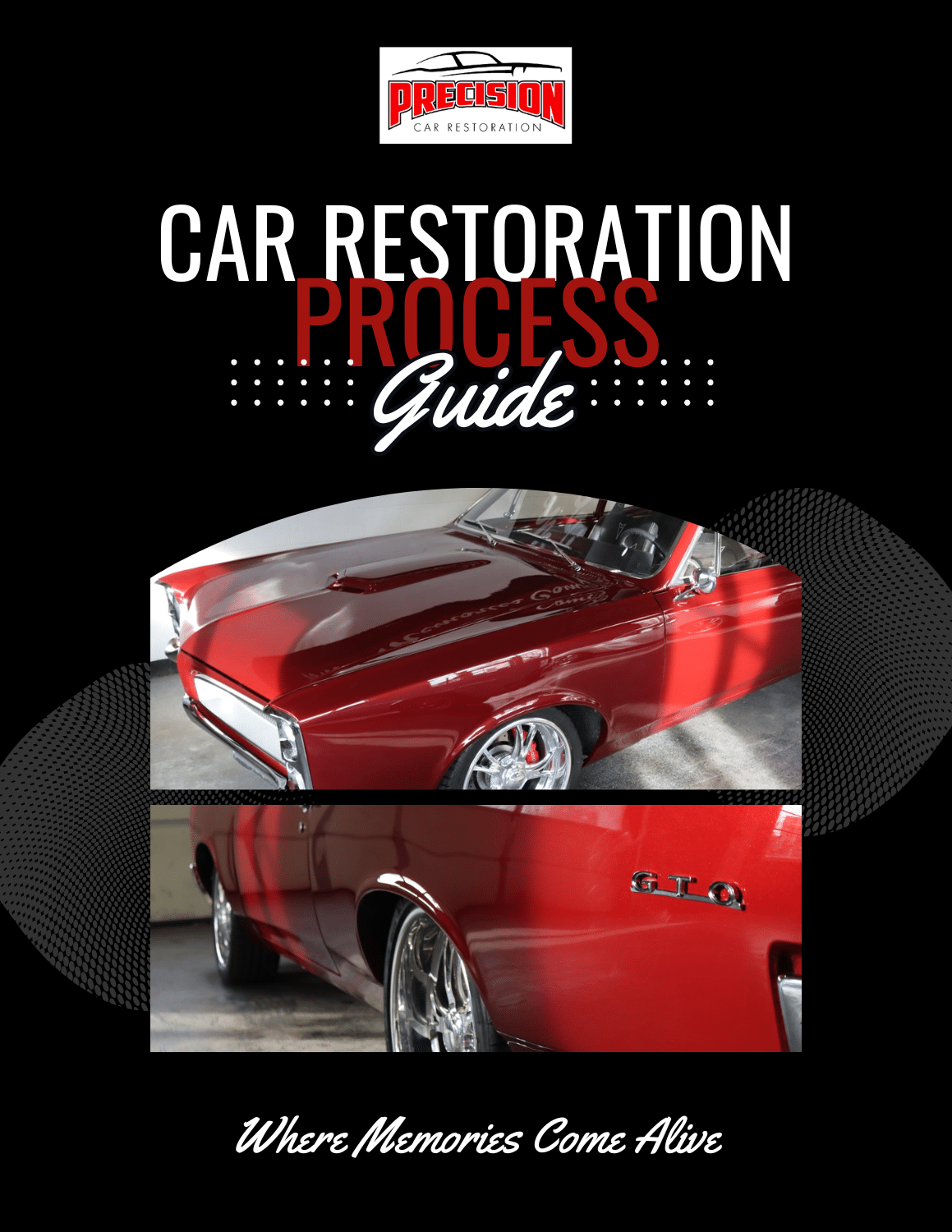 For outsiders, the terminology of the classic car industry often proves daunting. Indeed, mechanical lingo aside, simply classifying a car as “classic,” or “antique” can be a difficult task. Definitions tend to vary from organization to organization –– and more importantly –– from state to state. The practical difference between classic vs antique cars is that “classic” a general term that applies to most cars over 20 years old, and “antique” is a special legal distinction that enables historic registration.
For outsiders, the terminology of the classic car industry often proves daunting. Indeed, mechanical lingo aside, simply classifying a car as “classic,” or “antique” can be a difficult task. Definitions tend to vary from organization to organization –– and more importantly –– from state to state. The practical difference between classic vs antique cars is that “classic” a general term that applies to most cars over 20 years old, and “antique” is a special legal distinction that enables historic registration.
Classic, Antique, & Vintage Cars
Let’s get the obvious out of the way here –– classic, antique, and vintage are all synonyms. As such, it’s no wonder that many are confused about the difference between classic, antique, and vintage vehicles. It also doesn’t help that the legal definition of “antique” differs depending on where you register your car.
Vintage Cars
One thing that most classic-car enthusiasts agree on is that vintage cars range 1919-1931. (So cars like the Ford Model A or the Chrysler Model B-70, for reference.) This classification is fairly straightforward.
Classic Cars
Again, “classic” is a general term that applies to cars of a certain age –– typically over 20 years old. Of course, there’s a caveat here too. You won’t hear anyone actually refer to a 1997 Ford Taurus as a “classic” vehicle in regular conversation –– even if it fits the technical definition. Indeed, in the practical sense, classic cars have become synonymous with muscle cars –– powerful, American-made autos from the late 1960s and early 1970s. (Think Dodge Charger, Chevy Camaro, or Ford Mustang.)
Antique & Historic Car Registration
When people encounter the word “antique,” they typically think of a dusty wooden cabinet or a grandfather clock from the 19th century. And some car organizations only consider vehicles that are over 45 years old to be antique. Yet, in many states you can register a car as an antique or a “historic” car, after 20-25 years. Note here that stipulations for car registration vary from state to state. In Missouri, for example, the DMV classes a historic car as a vehicle that’s 25 years or older and that is treated as a collector’s item. (Fun fact: Florida designates any car that predates 1945 as “ancient” in the legal sense.)
Furthermore, there are stipulations regarding how many miles an owner can drive an “antique” car. So it’s typically not a good idea to attempt to register an antique car as a primary vehicle. Lastly, some states require special license plates for antique cars –– though, registering a car as an antique does carry certain benefits. Most notably, some states exempt antique cars from modern inspections and waive other registration fees.
The Bottom Line
Still confused about how to refer to older vehicles? Don’t worry –– if you love retro cars, you’ll always find like-minded individuals who are more than happy to talk about them and share info and tips. You can contact us here at 314-652-1966 to do just that. We’re ready to answer any questions you may have and provide any and all restoration services you require!

